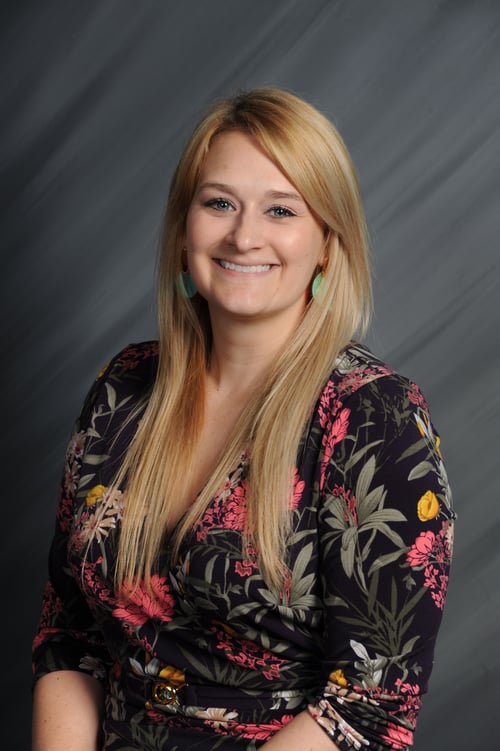
The holiday season is often thought to be a time of joy and good cheer but for many people, this time of year can be a challenging period marked by increased stressors, loneliness, and potential exacerbation of depression. According to the National Alliance of Mental Illness (NAMI), 64% of people with mental illness report holidays make their conditions worse. Even individuals who do enjoy the holiday season can experience the holiday blues due to increased financial, emotional, and mental demands and expectations. Depression during the holidays can be caused by many factors including but not limited to financial strain, family tensions, lack of sleep, and absence of loved ones. Seasonal Affective Disorder (SAD), a type of depression that follows a seasonal pattern, tends to be more prevalent during the winter months when daylight hours are shorter. The holiday season coincides with this period, potentially intensifying the impact on individuals predisposed to SAD. The symptoms of holiday blues and SAD are often the same making it difficult to distinguish between the two but will often differ in severity and duration. General symptoms to look out for include low energy, irritability, changes in sleep patterns and/or appetite, and loss of pleasure in doing things you used to enjoy. Holiday blues often starts around November or December and resolves shortly after the new year. SAD typically starts late fall and lasts until the spring or summer, with symptoms often more severe. Although the holiday blues is typically milder and shorter in duration, this does not mean you should not seek help and speak with a medical professional about any concerning symptoms. Additionally, there are a few things you can do yourself to help cope with the stress of the holiday season.
1. Regular Exercise: Physical activity has proven benefits for mental health including prevention of depressive symptoms. Find an activity you enjoy! Even low-intensity activities like taking a walk, yoga, or a fitness class have its benefits in reducing depression.
2. Balanced Nutrition: A well-balanced diet and adequate hydration can positively impact mood. It’s also important to drink alcohol in moderation during this time as it is a depressant and can exacerbate feelings of depression.
3. Social Connection: Foster meaningful connections. Isolating yourself will only worsen symptoms of depression. Even if unable to be with your loved ones during this holiday season, reach out to a friend or neighbor for a little social connection. Try volunteering at a local soup kitchen or shelter.
4. Prioritizing Self-Care: Always leave enough time to take care of yourself. Whether it's a quiet moment with a book, a walk in nature, or a warm bath, taking time for oneself is essential for mental well-being.
During this time of joy and celebration, it’s important to recognize the symptoms of depression and show compassion with families and friends who may be silently battling internal struggles. Reach out to the people in your life who may be having a more difficult time this season. If you yourself find yourself struggling with symptoms of depression this holiday season, don’t wait to talk to someone about it. Speak to a trusted friend or family and talk to your mental health professional or your primary care physician if your symptoms become concerning.
If you or a loved one are struggling with feelings of depression, contact the Substance Abuse and Mental Health Services Administration (SAMHSA) National Helpline at 1-800-662-HELP for information on helpful resources, support groups, and treatment facilities in your area. If you or a loved one is experiencing suicidal thoughts or emotional distress, call the 988 Suicide and Crisis Lifeline or Teen Line at 1-800-TLC-TEEN to connect with a trained worker who will provide free and confidential support.
 Dr. Liu is a resident physician who sees patients of all ages and provides obstetrical services at Lone Star Family Health Center, a non-profit 501©3 Federally Qualified Health Center operating facilities in Conroe, Spring, Willis, Grangerland, and Huntsville, and serving as home to a fully integrated Family Medicine Residency Program to increase the number of Family Medicine physicians for Texas and our community.
Dr. Liu is a resident physician who sees patients of all ages and provides obstetrical services at Lone Star Family Health Center, a non-profit 501©3 Federally Qualified Health Center operating facilities in Conroe, Spring, Willis, Grangerland, and Huntsville, and serving as home to a fully integrated Family Medicine Residency Program to increase the number of Family Medicine physicians for Texas and our community.



